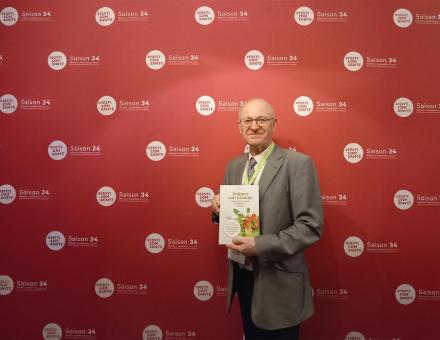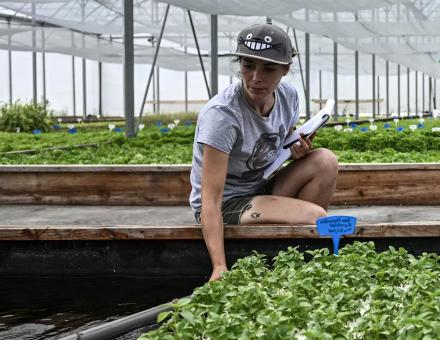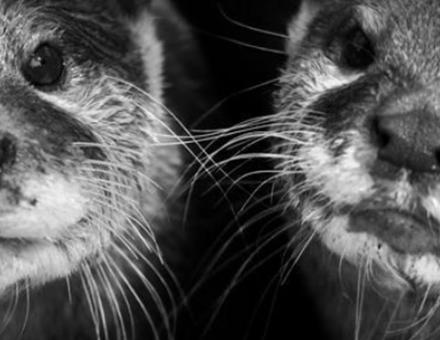UniLaSalle wins coordination of the European doctoral network MiningBrines, a highly competitive Marie Skłodowska-Curie project funded to the tune of €6 million. A major success for research and training on an international scale.
A rare success in one of Europe's most competitive calls
It's official: UniLaSalle has been selected by the European Commission to coordinate the MiningBrines project, a Marie Curie doctoral network, as part of the Horizon Europe program. The project received an exceptional score of 98%, placing it among the top-ranked projects in the HORIZON-MSCA-2024-DN-01 call, one of the most selective in the program.
The MiningBrines program is part of the school's scientific development approach, continuing on from the H2020 MEET project won in 2018, which was coordinated by UniLaSalle. With 32 international partners and 19 doctoral students recruited, MiningBrines reinforces UniLaSalle's role as a major scientific player at the European level.
An international network for sustainable and strategic research
The MiningBrines project (Multidisciplinary Integration and Networking for INcreased sustainability and multi-resources valorization of Geothermal Brines) addresses a key challenge of the energy transition: the sustainable recovery of critical resources contained in geothermal brines.
It brings together complementary actors and expertise from several key disciplines:
- Geology and geothermal energy (Izmir Institute of Technology Turkey, Croatian Geological Survey Croatia, University of Belgrade Serbia, University of Pisa Italy),
- Microbiology and (bio)geochemistry (UniLaSalle France, University of Neuchâtel Switzerland, University of Bern Switzerland, Bureau de Recherches Géologiques et Minières France, Centre National de la Recherche Scientifique France, Paul Scherrer Institute Switzerland, Geo Forschung Zentrum Germany),
- Modeling and artificial intelligence (UniLaSalle, Istituto Nazionale di Geofisica e Vulcanologia Italy, PSI),
- Socio-economic analysis (Technical University of Hamburg Germany, Forschung Zentrum Jülich Germany, Luleå University Sweden).
Doctoral students will benefit from an interdisciplinary training program, including academic research, international mobility, and industrial immersion.
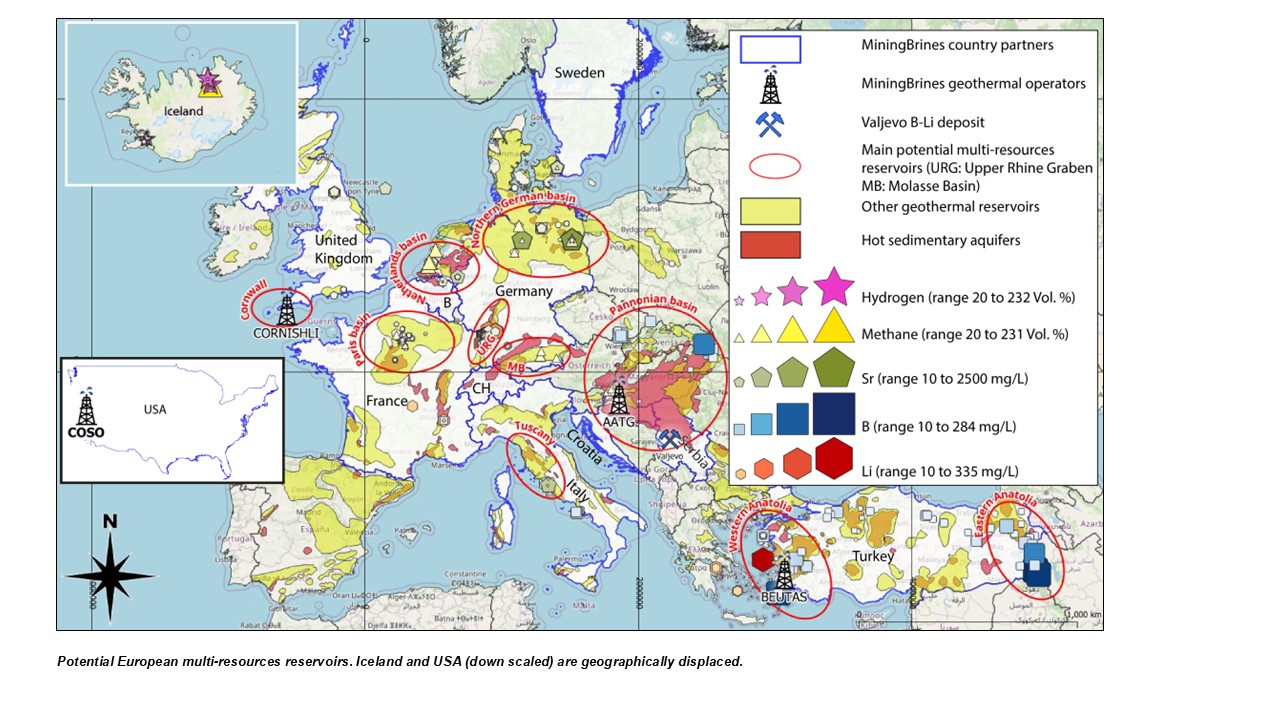
Coordination provided by UniLaSalle
The project is led by Professor Ghislain Trullenque within the GENUMER research unit, in collaboration with the INTERACT and AGHYLE units.
UniLaSalle coordinates the consortium and will host several doctoral students, while leading part of the work on modeling changes in reservoir rock properties and the application of ozone treatment oxidation processes in the recovery of critical minerals and AI.
This coordinating role is all the more remarkable given that these networks are usually won by large research organizations such as the CNRS. For UniLaSalle, this is a strong recognition of the quality of the scientific work carried out by its researchers, the institution's management capabilities, and its strategic positioning.
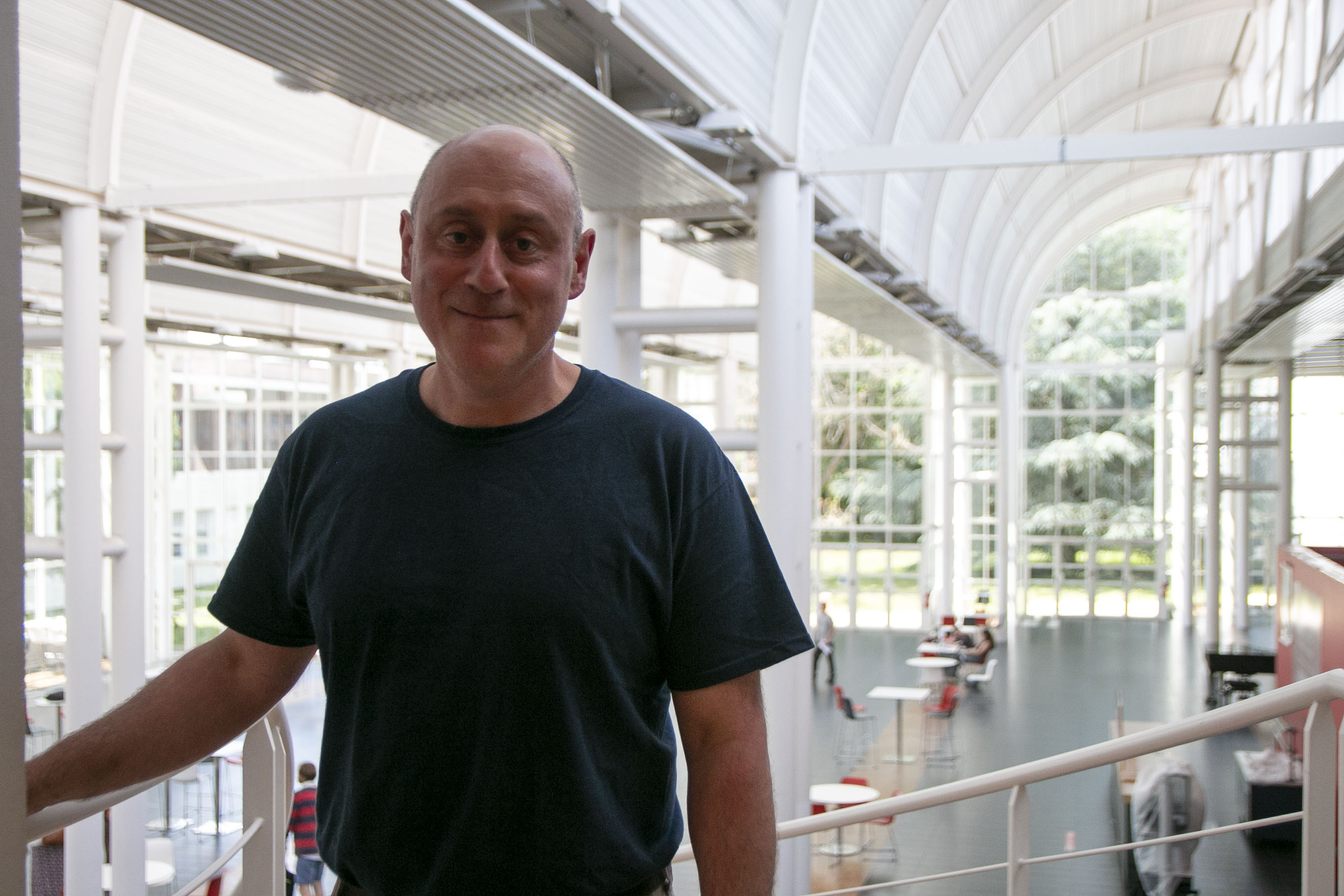
Renowned academic and industrial partners
The 32 partners involved include:
- Research institutes: CNRS, BRGM, GFZ (Germany), University of Neuchâtel, PSI (Switzerland), INGV (Italy), Deutsches Elektronen SYnchrotron (Germany).
- Industrial partners: Coso Operating Company (USA), Kurita Europe (Japan), Cornish Lithium (UK), AAT Geothermae (Croatia), Beutas Energy (Turkey), SAS (USA).
These partners will help connect research challenges to practical applications, particularly through data from pilot sites on active geothermal reservoirs that are representative of the geological diversity of the European subsoil.
A project serving key European priorities
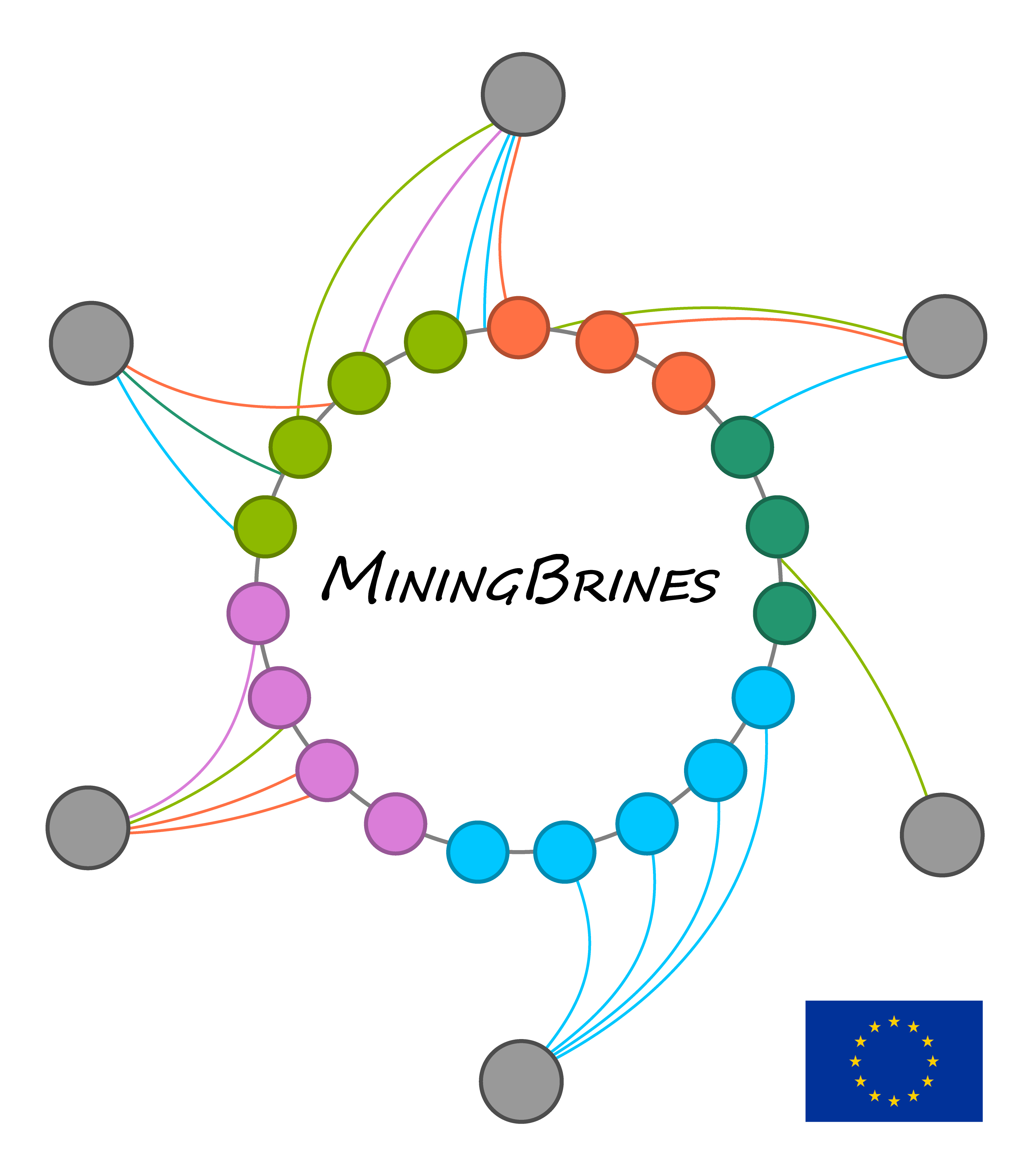
The project is part of major European strategies, including:
- The Critical Raw Materials Act, which aims to secure supplies of strategic resources,
- The Green Deal, for a greener and more resilient economy,
- And the development of a skilled scientific workforce trained in interdisciplinarity.
Launch scheduled for January 1, 2026
In the meantime, the partners will begin recruiting doctoral students, setting up scientific committees, and preparing the first projects.
UniLaSalle thus confirms its ability to bring together high-level international consortia and establish itself as a key European scientific player in the fields of energy, geology, critical mineral resources, and AI.




